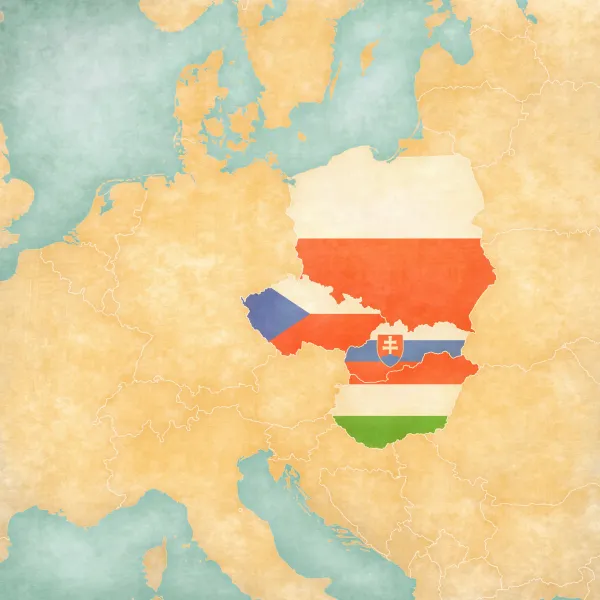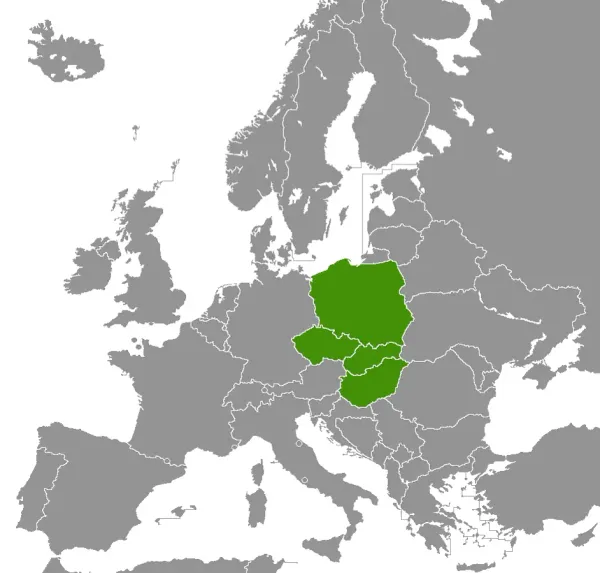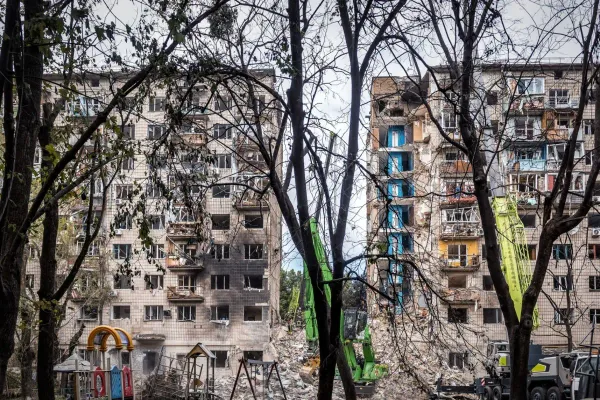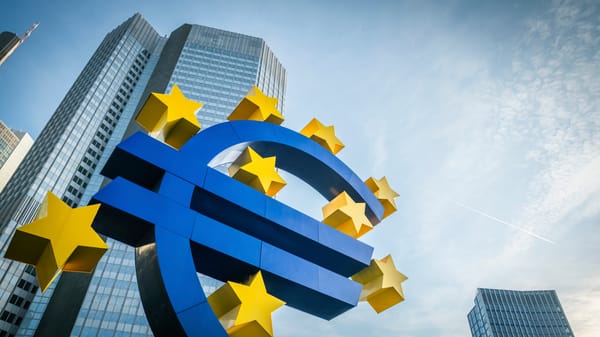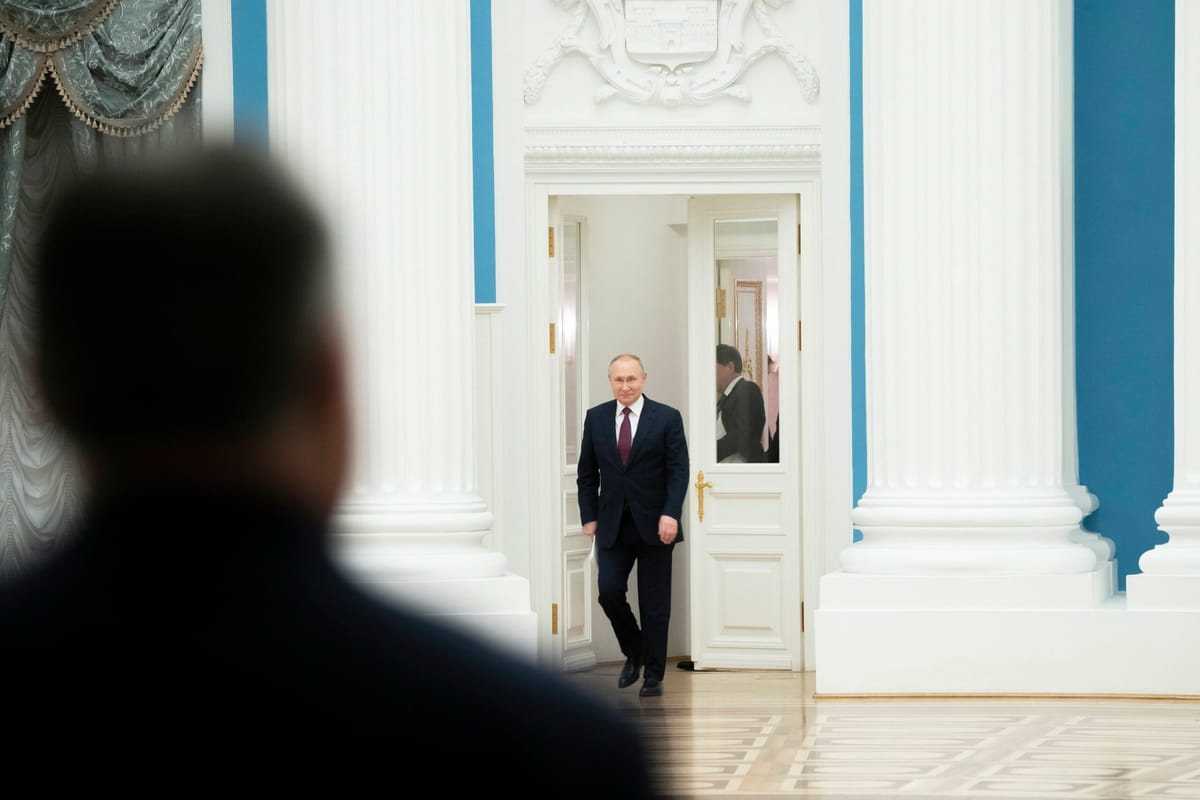
Orban discusses Ukraine, gas, nuclear, vaccines with Putin in Moscow
Hungarian Prime Minister Viktor Orban and Russian President Vladimir Putin talked for almost five hours in Moscow on Tuesday, although only a small amount of their conversation was made public, according to local outlets.
After the meeting, Orban said Hungary aims to negotiate an increase in the volume of natural gas delivered to the country under its “very important” long-term gas contract with Russia. Putin said the gas contract in effect until 2036 ensured Hungary’s long-term stability. Under the contract, Hungary can also purchase gas well below the market price, he added. The details of any renegotiation were not made public, however.
Orban said cooperation on the expansion of Hungary’s only nuclear power plant at Paks was “progressing fantastically”, adding that Hungarian investments approved by the Russian government have taken place. Putin noted that bilateral trade turnover increased by 30% in the first 11 months of last year, adding that besides nuclear energy, major projects in engineering were also taking place between the two countries.
Hungary’s Foreign Affairs Minister Peter Szijjarto meanwhile held talks with his Russian counterpart Sergei Lavrov on the sidelines of the Orban-Putin meeting, and afterwards said the Hungarian government’s goal is to strengthen dialogue between Russia and the West. Hungary’s foreign minister added that he is “proud of maintaining a cooperation based on mutual interests and trust with Moscow.”
Orban, who is aiming to secure a fourth consecutive term in office at the Hungarian national election on 3 April, called his visit “a kind of peace mission”. Referring to the tense international situation over the buildup of Russian troops and armoury at the Ukraine border, Orban said “I would like to reassure you that none of the leaders of the European Union and its member nations want a war or conflicts.”
For his part, Putin said “we would be glad to inform the Hungarian prime minister about Russia’s talks on security guarantees with the United States and NATO,” Russian state news agency TASS reported. Orban commented that “sanctions are a tool, doomed to fail: I don’t think they are acceptable for Russia or other countries.”

